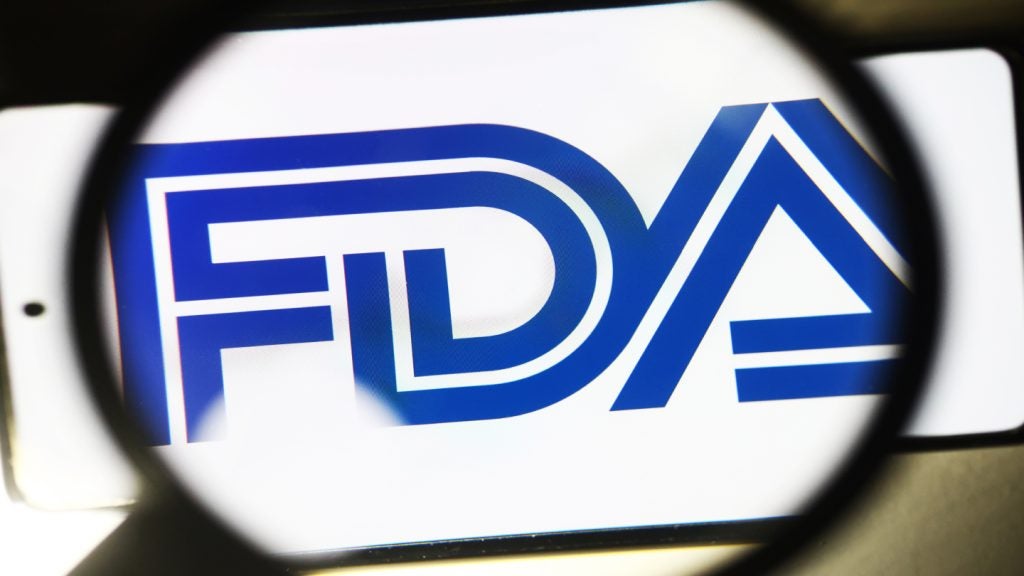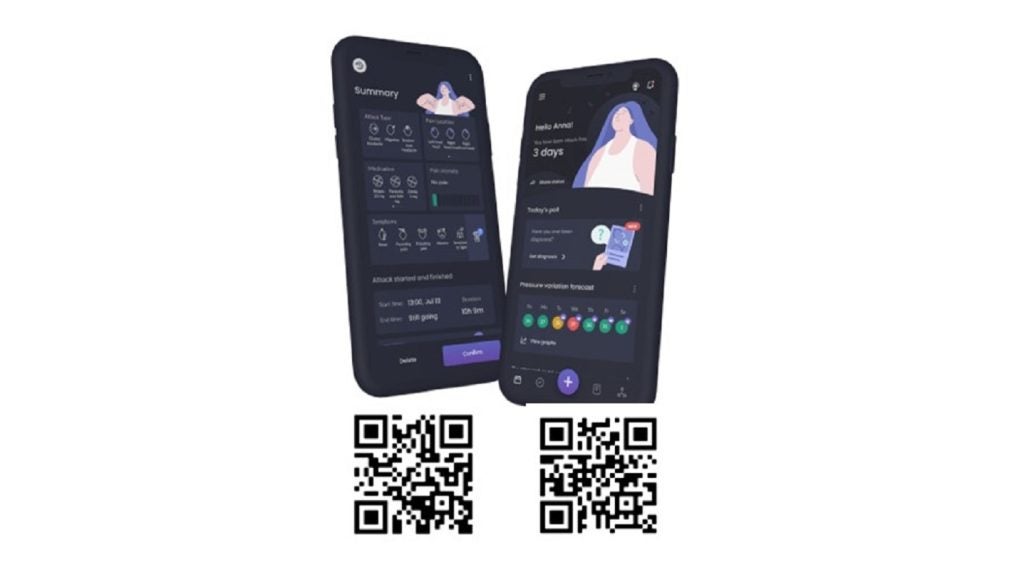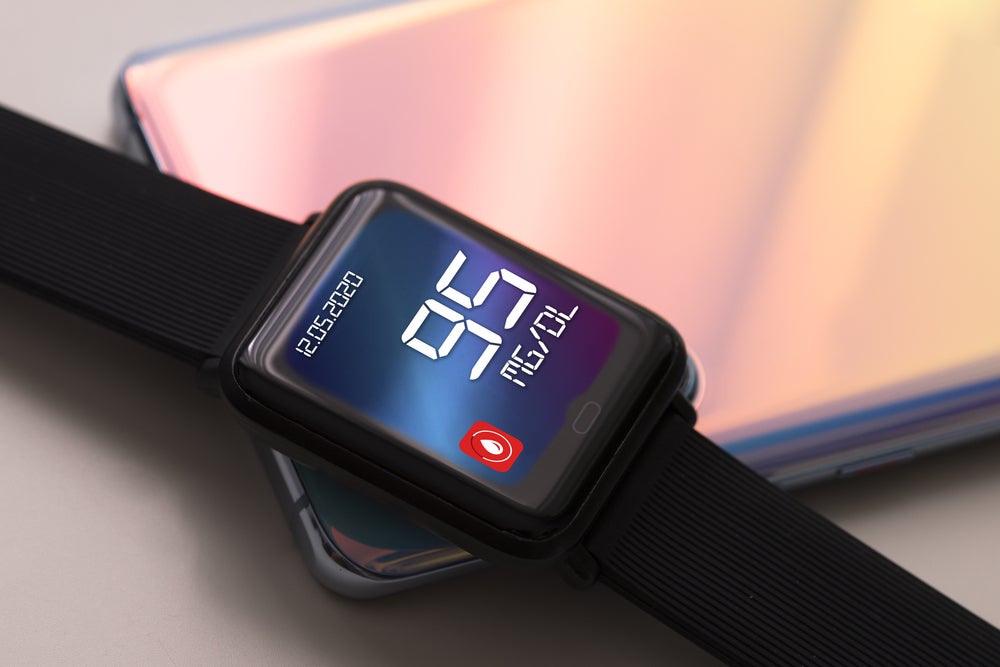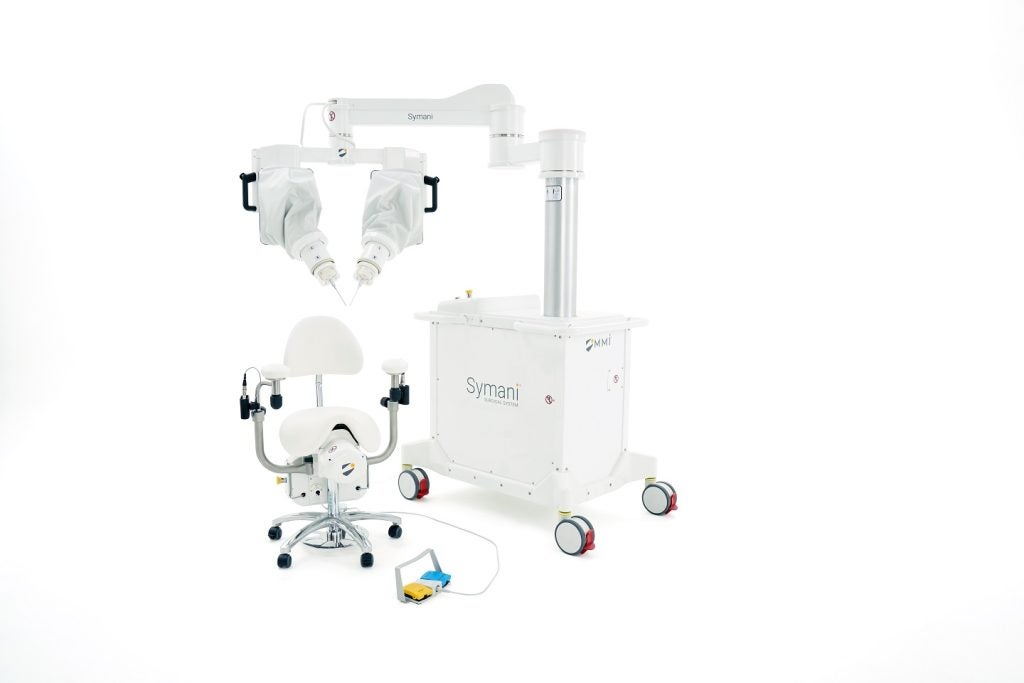The US Food and Drug Administration (FDA) is warning medical device manufacturers and sponsors to watch out for fraudulent or unreliable data produced by third-party laboratories after recording an uptick in fabricated or duplicated data in submissions.
On Feb. 20, the US agency warned device manufacturers and sponsors to ensure they double-check the results provided by some third-party test labs after discovering that some of these labs are generating data that is either fabricated or in some cases pulled from other device submissions to the FDA.
Whilst no one laboratory or submission to the FDA is cited, the body noted that many of the submissions containing fraudulent data contain data provided by third-party test labs based out of China or India.
The FDA has further warned that the trend means that it will be unable to reach a substantial equivalence determination or otherwise authorise marketing for medical devices whose submissions include such data, stating that this will impact patients by withholding devices from the market.
The US FDA warning continues: “To reverse the trend of unreliable data being submitted to the FDA, it is incumbent on device firms to take proactive steps to qualify third-party test labs and to closely scrutinize all testing data that a firm does not perform itself, especially relating to biocompatibility and other performance testing, that are included in a submission to the FDA.
“We acknowledge it may be difficult for individual device firms to know if certain data have been copied from an unrelated marketing submission, but we expect device firms to identify testing results that are improbable or impossible on their face or do not seem consistent with known information about the device.”
The agency iterated that it does expect and encourage medical device firms to partner with third-party research laboratories, partnering with a laboratory voluntarily signed up to the Accreditation Scheme for Conformity Assessment (ASCA) program is not a substitute for doing a full evaluation of a submission before it is sent to the FDA.
It comes as the US FDA is combatting a number of growing pressures threatening to make its scrutiny much harder to apply. Recently, researchers were able to show how the latest artificial intelligence (AI) language models were able to generate false but convincing datasets. However, at the same time, AI has shown the ability to be used to detect potentially fraudulent data sets.
















